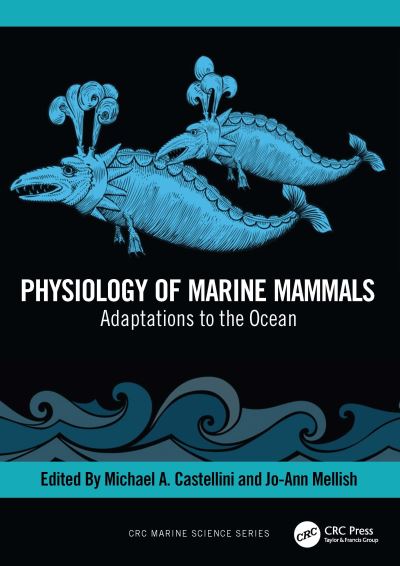
Suppose you were designing a marine mammal. What would they need to live in the ocean? How would you keep them warm? What design features would allow them to dive for very long periods to extreme depths? Do they need water to drink? How would they minimize the cost of swimming, and how would they find their prey in the deep and dark?
These questions and more are examined in detail throughout Marine Mammal Physiology, which explores how marine mammals live in the sea from a physiological point of view. This undergraduate textbook considers the essential aspects of what makes a marine mammal different from terrestrial mammals, beyond just their environment. It focuses on the physiological and biochemical traits that have allowed this group of mammals to effectively exploit the marine environment that is so hostile to humans.
The content of this book is organised around common student questions, taking the undergraduate's point of view as the starting point. Each chapter provides a set of PowerPoint slides for instructors to use in teaching and students to use as study guides. New "Study Questions" and "Critical Thinking Points" conclude each chapter, which are each motivated by a "Driving Question" such as "How do mammals stay warm in a cold ocean?" or "How do mammals survive the crushing pressures of the deep sea?" Full-colour images and comprehensive, accessible content make this the definitive textbook for marine mammal physiology.
| ISBN: | 9781032285603 |
| Publication date: | 5th July 2023 |
| Author: | Michael Angelo Castellini, JoAnn Mellish |
| Publisher: | CRC Press |
| Format: | Paperback |
| Pagination: | 432 pages |
| Series: | CRC Marine Biology Series |
| Genres: |
Marine biology Genetics (non-medical) Biodiversity Human reproduction, growth and development Developmental biology Botany and plant sciences Zoology and animal sciences |